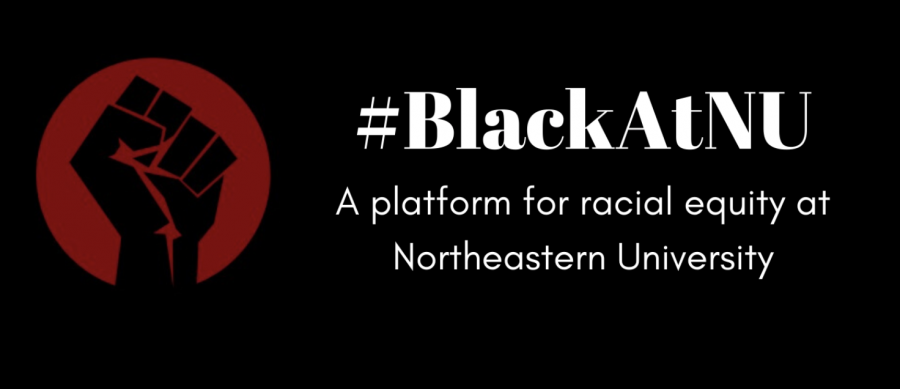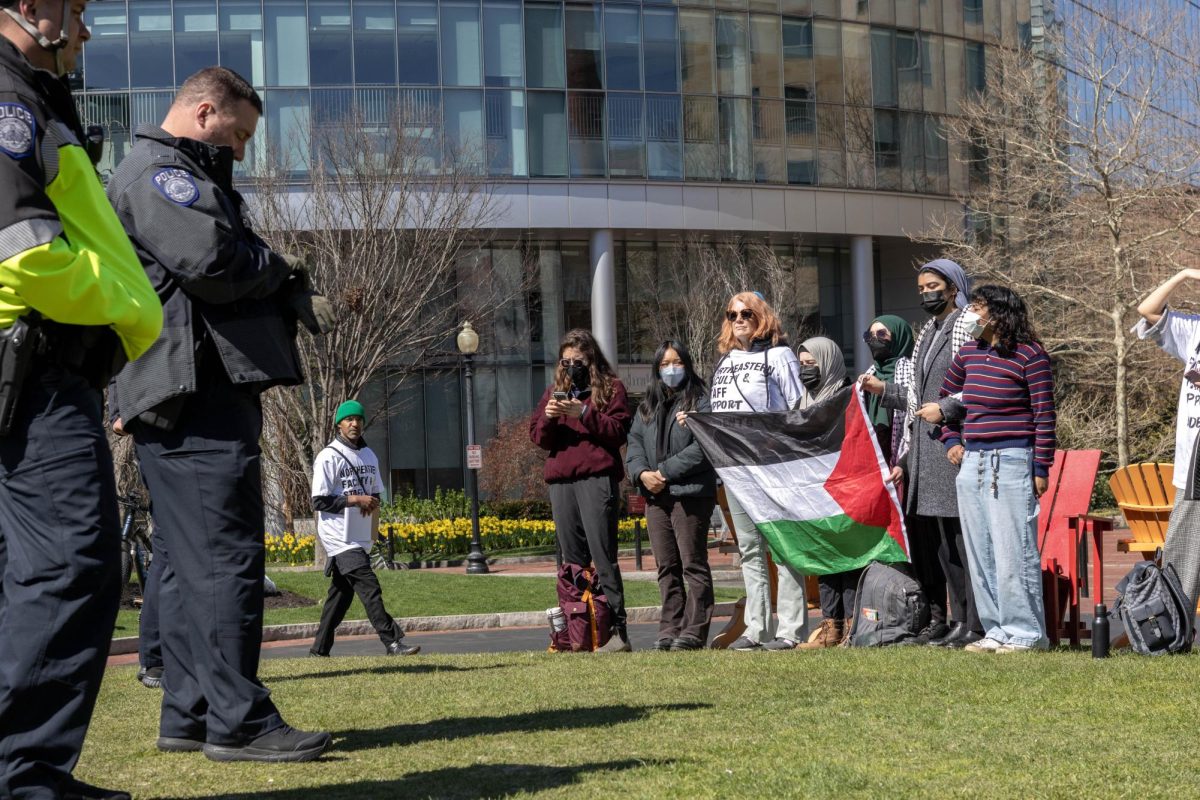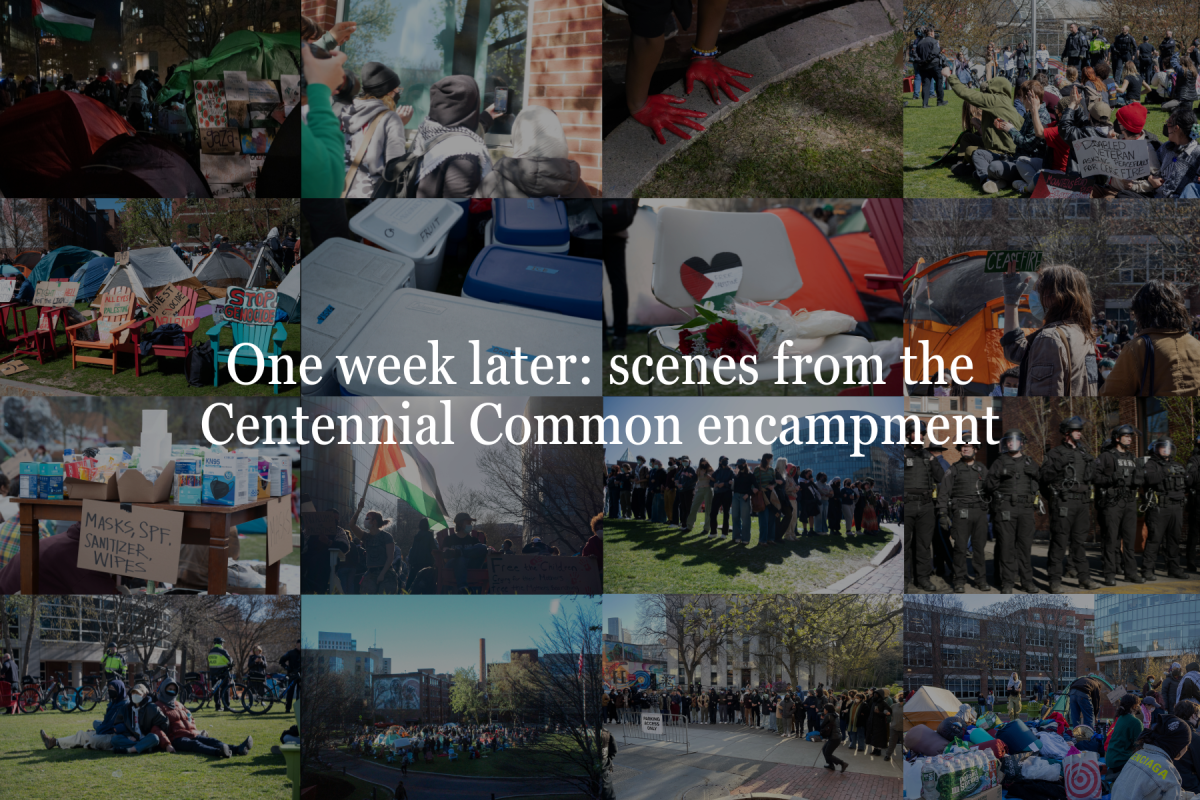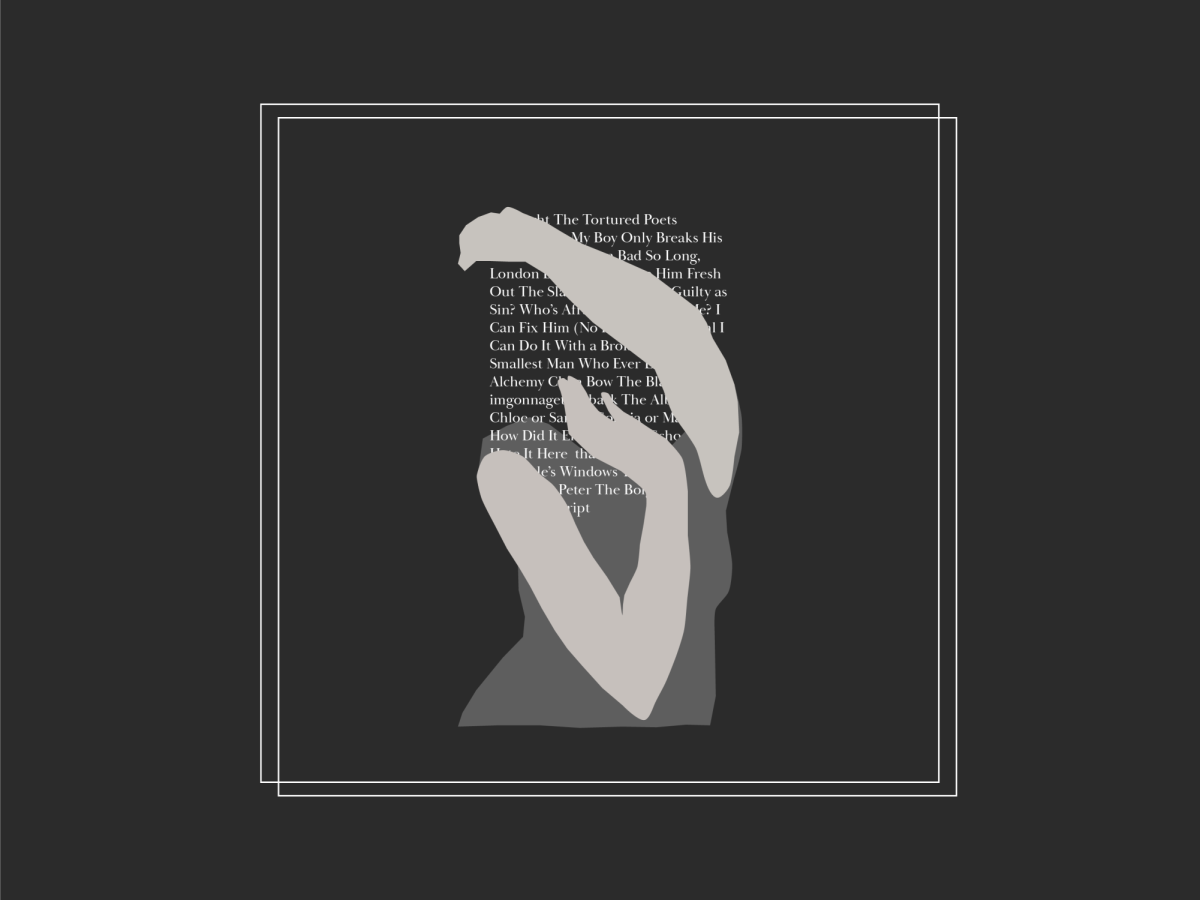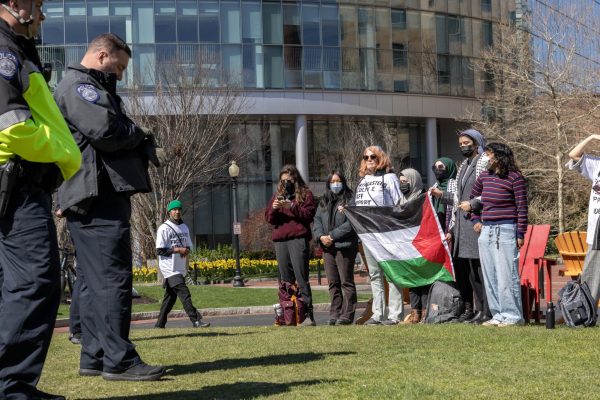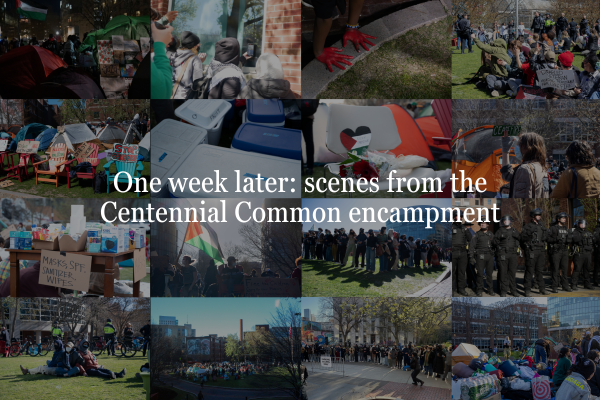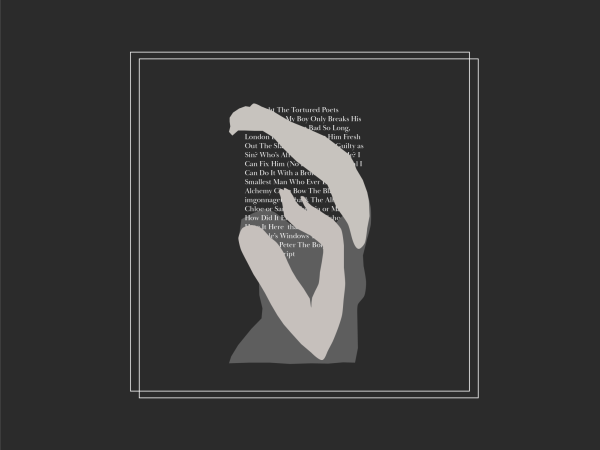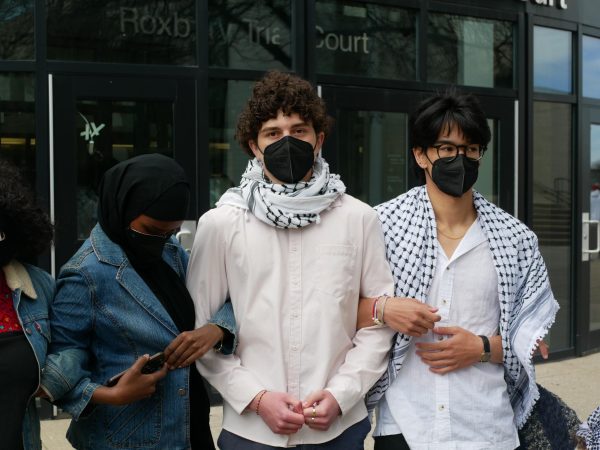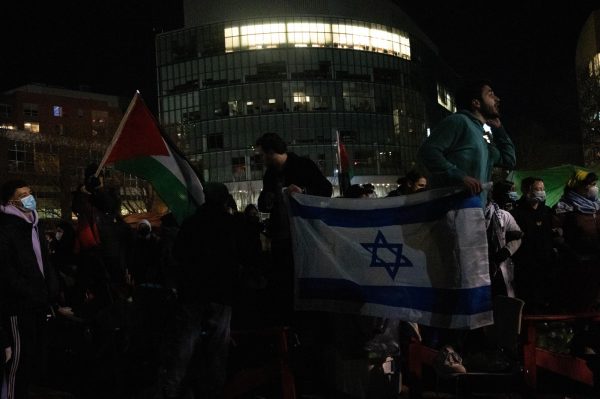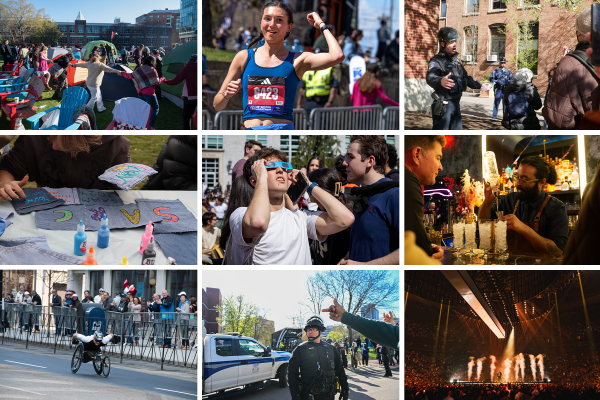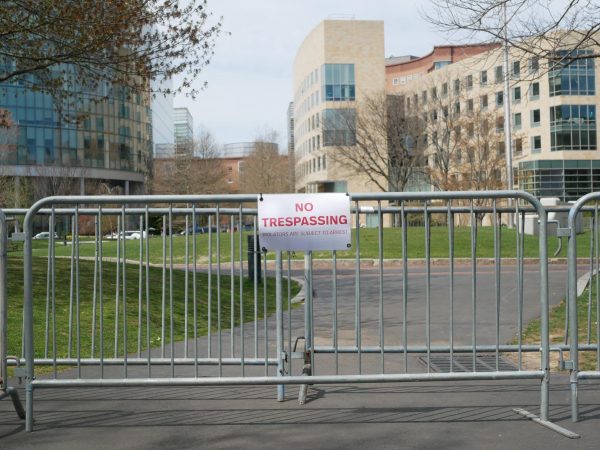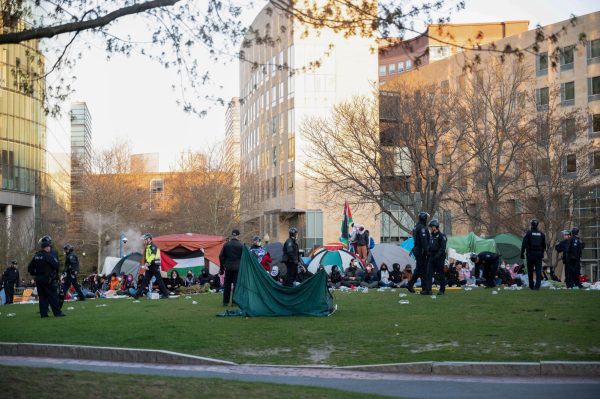NSCC reflects on Aoun’s email about diversity, inclusion initiatives
November 9, 2020
Some members of the Northeastern Students of Color Caucus, or NSCC, found much to discuss about President Joseph E. Aoun’s most recent email regarding Northeastern University’s commitment to diversity, equity and inclusion. The email was sent to the Northeastern community Oct. 19, proposing initiatives that Northeastern will enact to address issues of systemic racism and discrimination, particularly against the Black community.
The initiatives aim to address specific issues and subject areas: representation, student support, NUPD community advisory board, cultural competency and anti-racism training, university-wide accountability, community engagement and amplifying our impact through employer partners. While members of NSCC said that some elements of the email showed promise, there were other aspects of the email that were unsatisfactory.
“I think there’s a lot of promise in it, and the email can be used as a tool for accountability,” said fifth-year political science major James Lyons, co-founder of NSCC. “But there’s a lot that I find weak or, worse, absent.”
In the second paragraph of the email, before describing the initiatives, there were numerous accolades to those who contributed to the work: six senior vice presidents, as well as several college deans. One of the most prominent frustrations expressed by some members of NSCC was the absence of the acknowledgement for the student work, specifically of Black students in social and racial justice organizations, such as BlackAtNU and BlackVoicesMatter, which went into creating these initiatives.
Lyons said that President Aoun asked Dean Robert José, Dean Richard Harris and Dr. Richard O’Bryant to each recommend three students for him to meet with when the Black Lives Matter protests broke out over the summer.
A group of approximately 12 students from both BlackAtNU and BlackVoicesMatter, as well as from NSCC, continued to meet with deans and other faculty to present different racial justice issues. As one of the organizers for BlackAtNU, Lyons was included in that team.
Lyons went over the NSCC’s five-point cultural competence framework with Aoun that specifically addresses racial literacy. Moreover, Lyons suggested providing one-credit courses in racial literacy to College of Social Sciences and Humanities Dean Uta Poiger when they had met to discuss the BlackAtNU platform in June.
BlackAtNU presented various ideas from its own platform, including increasing representation, increasing procurement spending at Black owned businesses and other minority owned businesses, and mandatory cultural competence and anti-racism training. These were all included as part of Northeastern’s diversity and inclusion initiative in Aoun’s email.
Upon seeing the absence of recognition of the students’ work in the email, Lyons responded to the email almost immediately and sent it to Aoun, Poiger and José to voice his critique.
“Unpaid Black labor is especially heinous when it comes without even a shred of recognition,” he wrote. “You owe student organizers from both Black Voices Matter and BlackAtNU an apology for erasing our time, effort, and dedication in helping you all develop these solutions,” Lyons wrote.
Lyons said he received no response from Aoun or Poiger, but was able to follow up with José to discuss his concerns.
Charles Wallace-Thomas is a fourth-year economics and math major, member of NSCC and one of the co-campaign coordinators of BlackAtNU platform. He said that BlackAtNU has been able to make great strides in addressing issues of social and racial justice.
The platform, in part, calls for NUPD to be defunded to create more public safety infrastructure at Northeastern. Wallace-Thomas said that the primary barrier in working toward this with Northeastern administration is thinking about what is possible and reimagining what public safety can look like.
Assistant vice-president of Title IX Initiatives Mark Jannoni is also working with BlackAtNU to create a task force to create a Restorative Justice Center based on its recommendations.
BlackAtNU’s goal is to divest funds from institutions, such as the police, that create a feeling of public non-safety, especially for the BIPOC community. In turn, these funds would be invested into initiatives that would put the safety and well-being of BIPOC students at the forefront and deepen their sense of belonging and community at Northeastern.
Lyons hopes to see this mistake being corrected by explicitly addresses the work of Black students to produce and put these initiatives forth in the president’s next email about anti-discrimination.
While backing Lyons’ concerns, fourth-year economics major and Secretary General of NSCC Gisselle Rodriguez-Benitez also voiced her concern that the email is missing detail. Despite its length, she believes there is a vagueness to its content that is insufficient to support its message.
“Keeping [the diversity and inclusion initiatives] vague is easier because it helps them to not be held responsible for what they do not do or what they don’t do to their fullest extent,” Rodriguez-Benitez said. “The next step, in my view is to make a clear announcement about what exactly they’ll be doing so the Northeastern community can keep them to account.”
Rodriguez-Benitez suggests that an improvement would be to reframe these initiatives into the form of enumerated lists of explicitly detailed goals with specific targets, plans of action and timelines. This way Northeastern students will be able to hold the administration accountable for not following through on their promises.
NSCC’s Secretary of Treasury Yasser Aponte, a fifth-year international affairs and religious studies major, believes that for the university to maintain transparency on these initiatives, it must create an oversight board. He suggested that the board could consist of people like students, staff, external community and stakeholders and should be appropriately representative of Northeastern’s BIPOC community.
Moreover, Aponte believes that the proposed board should openly communicate what it chooses to implement and what not to, and why, and have records and transaction logs available for public access.
“I hope we continue to get updates about what’s going on, transparent updates about how it is going on. Solidarity is a big way we can make changes quicker,” Aponte said. “The more people who understand the mission and values we’re trying to support, the more people will want to reach out to administration. We’re finally starting to see institutions really care about social justice issues at the forefront of their agendas.”
At the end of the email, Aoun wrote about how we are all “navigating challenging times due to the COVID-19 pandemic and economic uncertainty.” Lyons believes that the email missed a vital expression of understanding about why this time is so difficult, especially for the Black community.
“A lot of people don’t consider the impact of being amidst a social justice movement as a Black student. Having to witness and experience profound attacks on Black people’s right to exist and having to return to school like everything is normal is difficult,” Lyons said. “How could you write an email like this and not mention the emotional toll and exhaustion Black students face when constantly having to fight for justice? It’s a severe miss on a part of the authors.”


